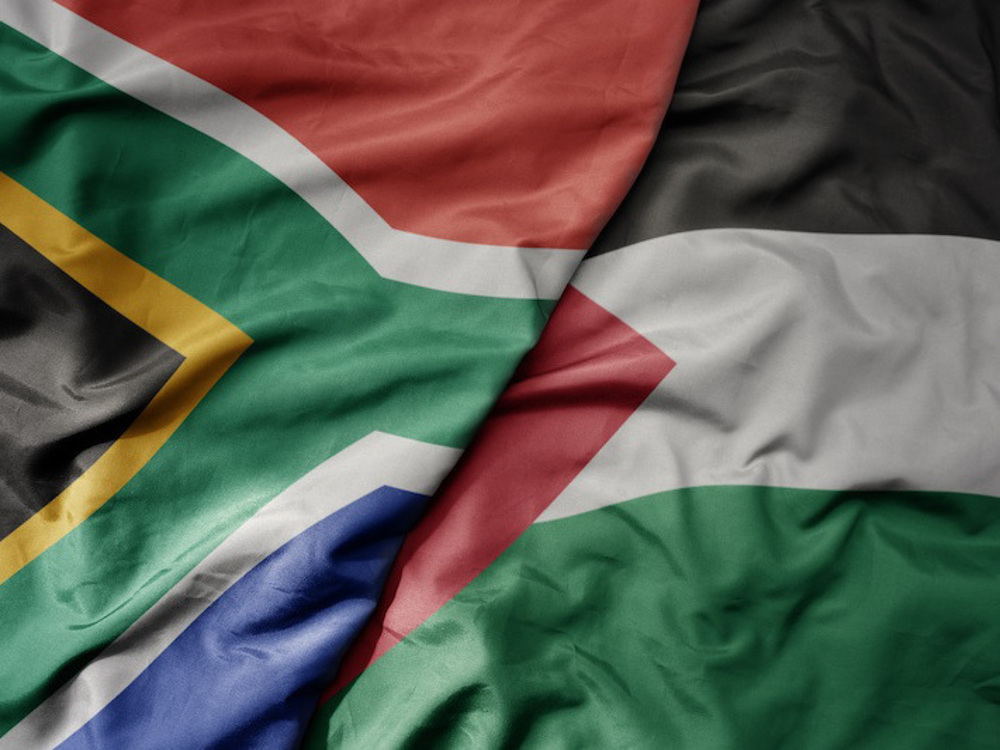Burundi on brink of civil war: UN
UN officials say Burundi is on the brink of civil war, which could threaten the entire region.
At least 400 people have been killed and almost 3,500 arrested amid a campaign of political repression which has unnerved the region two decades after a genocide in neighboring Rwanda.
"Burundi is at bursting point, on the very cusp of a civil war," UN High Commissioner for Human Rights Zeid Ra'ad said.
The current political crisis is rooted in a conflict between supporters of President Pierre Nkurunziza and his opponents who say his re-election in July for a third term violated the constitution.
On Wednesday, UN chief Ban Ki-moon voiced concern over the “chilling” escalation of violence. “We must do all we can to prevent mass violence and act decisively should it erupt,” he said.
Ban said his special adviser, Jamal Benomar, would travel to the region to press all sides involved in the conflict to engage in political dialog.
The 54-member African Union’s Peace and Security Council said on Thursday it would “not allow another genocide to take place” in Burundi.
Last week, nearly 90 people were killed when armed men attacked three military facilities in the capital, Bujumbura.

The opposition says Nkurunziza's re-election in July runs counter to the constitution, which only allows two successive terms, as well as the 2,000 Arusha Agreement, which paved the way for ending the civil war in the country.
Burundi had already been struggling to emerge from a 12-year, ethnic-based civil war, which lasted from 1993 to 2005 and left around 300,000 people killed. The country has been plagued by tension between the usually-dominant Tutsi minority and the Hutu majority since independence in 1962.
Dozens detained, several wounded in Israeli raids in West Bank
‘Ethnic cleansing’: Hamas blasts Israeli attacks on Gaza hospital amid intl. silence
Saudi delegation meets HTS leader at presidential palace in Damascus
Relentless Israeli ceasefire violations justify need for self-defense: Lebanese MP
Tel Aviv tells Damascus Israeli forces will remain in occupied territory: Report
Dec. 22: ‘Axis of Resistance’ operations against Israeli occupation
‘Abhorrent’: Oxfam says only 12 trucks delivered aid in North Gaza since Oct.
VIDEO | Leader receives religious eulogists on Hazrat Fatima birth anniv.















 This makes it easy to access the Press TV website
This makes it easy to access the Press TV website